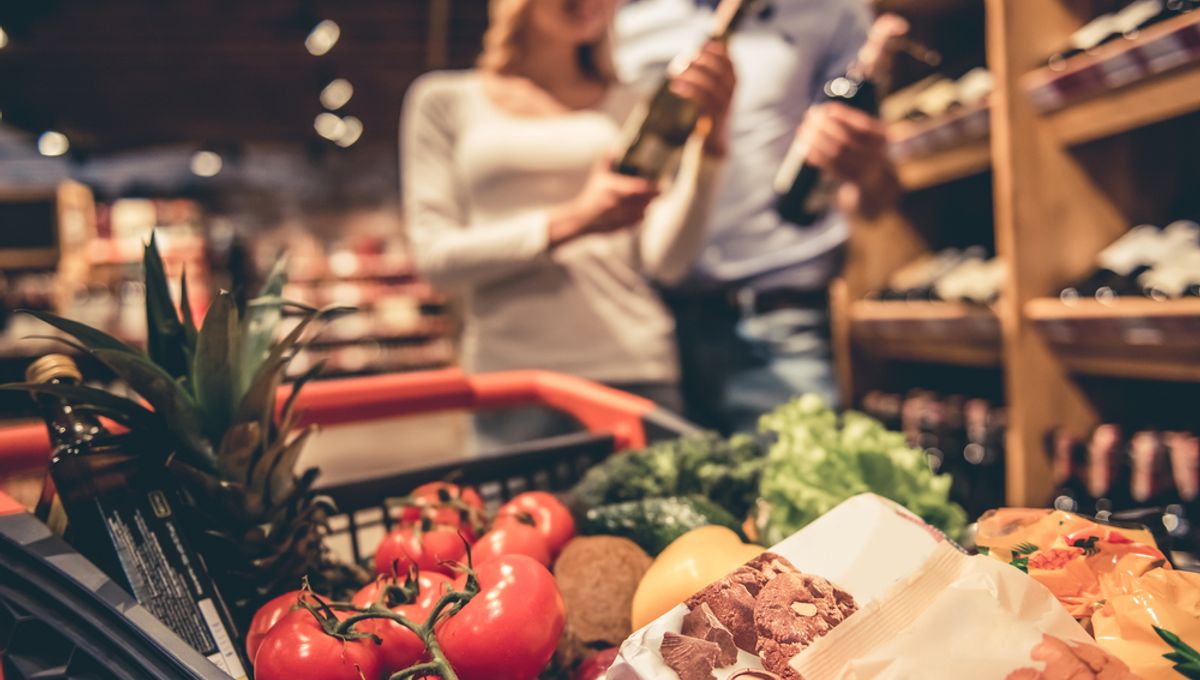
It turns out that SARS-CoV-2, the notorious virus that causes COVID-19, can survive on certain groceries for days at a time. Although you are still more likely to catch COVID-19 by being in contact with an infected person, the research suggests the risk of the virus is worth considering when picking up food for your weekly shop.
In the new study, commissioned by the UK’s Food Standards Agency (FSA), scientists used the coronavirus to contaminate a wide variety of groceries, including broccoli, peppers, apples, raspberries, cheddar cheese, sliced ham, olives, brine from the olives, white and brown bread crusts, croissants and pains au chocolat.
They also tested a variety of packaging, including polyethylene terephthalate (PET1) trays and bottles, aluminum cans, and composite drinks cartons.
The survival of the virus varied widely depending on the type of food. On cheese and ham, for example, the virus survived for several days.
“Both cheddar cheese and sliced ham are high in moisture, protein and saturated fat content, possibly offering protection to the virus”, the study authors write.
On others, such as apples and olives, the virus levels dropped quickly.
“We speculate that chemicals, such as flavonoids, in the apple and olive skin are responsible for this inactivation”, they add.
On bread, levels of SARS-CoV-2 decreased by over 90 percent within 24 hours. The deactivation of the virus was even quicker on pastry products, declining by 90 percent within just 6 hours.
“Pastries are coated with a liquid egg wash, which may have an inhibitory effect on the virus. It has been suggested that arachidonic acid and other unsaturated fatty acids which are present in high levels in eggs, may serve as anti-viral compounds”, the researchers wrote.
As for plastic packing when at a chilled temperature, virus levels dropped significantly after 24 hours, although were still detectable for up to 6 days.
But don’t be too alarmed about the findings. The researchers argue that the likelihood of catching COVID-19 from food is relatively low compared to other sources of infection, namely being in close contact with someone who’s already infected with the virus.
“In the early stages of the pandemic, we didn’t know much about how the virus would survive on different food surfaces and packaging, so the risk assessment was based on a worst-case assumption”, Anthony Wilson, Microbiological Risk Assessment Team Leader at the FSA, said in a statement.
“This research gives us additional insight into the stability of coronavirus on the surfaces of a variety of foods and confirms that assumptions we made in the early stages of the pandemic were appropriate, and that the probability that you can catch COVID via food is very low”, he added.
Source Link: New Research Shows How Long COVID Can Live On Your Groceries